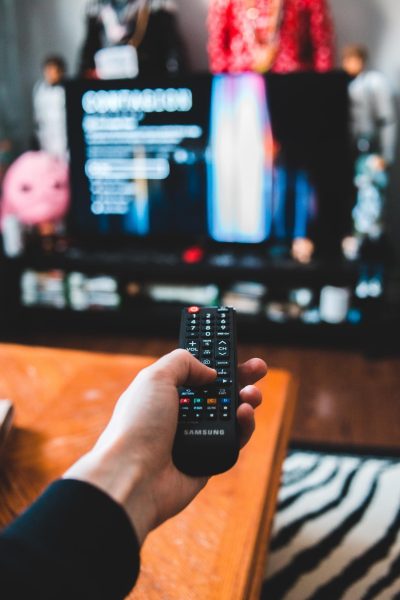Fireside Chats: Mental Health

There are many things separating our generation from those that came before us: our access to technology, our ways of speaking and dressing, how we address our peers, etc. But there is also a much darker difference that is hardly ever talked about – the prevalence of worse mental health in school-age children. Although mental health problems have certainly existed over multiple generations, if not since the beginning of human existence, it appears as though there is a sudden upsurge in the occurrence of depression and anxiety in our generation. What could be the cause of this upsurge? Could it be our phones? Is it the workload? Is it the sleep deprivation or the pressures and standards placed on us by our parents and educators? Well, folks, I’m here to tell you it could be any or all of those things, and I’m here to tell you how to take care of yourself in the face of those obstacles, so you can hopefully avoid burning out due to outside influences.
I’m not here to preach. I won’t be pulling out statistics or telling you that you’re on your phones too much because I’m just as guilty. I will tell you, as I’m sure you’ve heard a few million times, cell phones aren’t that great for us. That goes for social media as well. High rates of cell phone and social media usage can lead to depression, anxiety, and other mood disorders just because of how our brains are wired to react to feel-good hormones. A good way to try and part from your phone, even if just for a bit, is to set a black and white filter on it. We are less likely to check our phones if the color is filtered out because it’s harder to keep our attention or keep us interested. Being on your phone less will help induce a better state of mind. Of course, I don’t expect you to just drop them off the face of the Earth, so let’s move on to another contributor to decreased student mental health: workload.
I think we all feel that the work we’re being assigned to do outside of class is a lot to handle. A lot of times, students are awake early into the morning trying to do all of their homework after coming home from their extracurricular activities. Having all this work to do and not enough time to do it leads to a lack of sleep we so desperately need at this time in our brain’s development. There’s not a whole lot we can do to decrease the amount of work we are assigned, but a good way to deal with copious homework is to spread it out as evenly as possible. Let’s say you get assigned an essay due in two weeks, a science assignment that’s due in a week’s time, and two pages of math homework due the next day. As tempting as it is, try not to procrastinate. You’ll thank yourself later. Instead, try working on the homework that’s due the next day first, then if you have time, type a paragraph of the essay, and do half of the science assignment. This spreads the larger assignments out more evenly, so you’ll have less to stress over the night before the larger assignments are due.
The standards put in place by our educators, parents, and other adults in our lives are higher than we often feel we can meet. Honors and AP students, for example, are driven insane by worries about their reputations and grades they’re supposed to uphold. The pressure to perform above excellent in schools has gotten much worse since the introduction of waves of state testing, and it isn’t getting any better. These pressures and standards can wear students down, burning them out, and ultimately taking their performance levels down. The only thing we can do is believe that we are doing the best we can. We can’t change what is expected of us, but we can change how we cope with possibly not meeting those standards. You have to believe that regardless of how you’re comparing to your peers or the standards you’re supposed to meet, you are doing the best you can do, and that’s all that matters, ultimately.
Perfectionism is a big factor when it comes to student mental health, especially advanced students. Because advanced students themselves to perform at a high level, when they struggle even a little bit, the stress they experience is overwhelming. To some advanced students, their grades determine their importance and their chance of success in the future.
In general, there are a few things you can do to take care of yourself in times of high stress. Take frequent breaks when you’re working on assignments to give yourself time to cool down. Take a walk around the block to help clear your head. Do homework with friends to have a better time while going through the work.
With the coming of darker evenings and less sunlight, one also has to think about seasonal depression. It’s a very real thing, and it can be extremely hard to cope with. To keep your mental health in the best shape it can be in the colder and darker months, try to take some vitamin D, be outside on sunny days as much as possible, find a hobby, journal, and maybe even try light therapy.
The most important thing is to remember that your mental health should be one of your top priorities. Mental health is just as important as physical health, and it should be taken care of and treated as such. You matter.

Hannah Wells is a second-year Crimsonian member and Co-Editor-in-Chief. She is a senior this year. She is involved in orchestra, chamber orchestra, marching...










